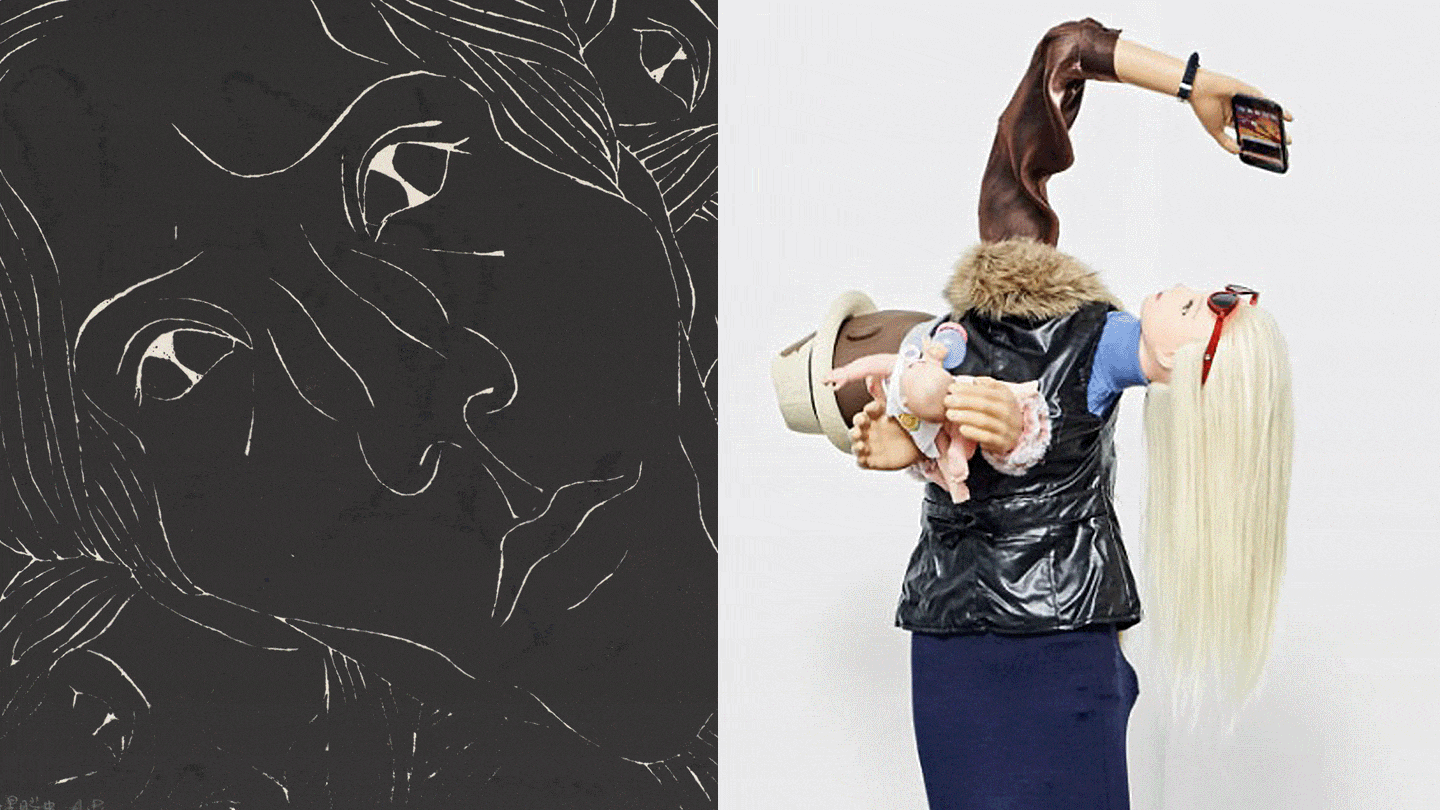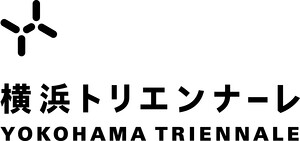8th Yokohama Triennale
March 15–June 9, 2024
Nishi Ward
3 Chome-4-1 Minatomirai
Yokohama 220-0012
Japan
The Great Union of Fellow Thinkers
Liu Ding and Carol Yinghua Lu, Artistic Directors, 8th Yokohama Triennale
In past few years, COVID-19 pandemic has triggered a blockage in worldwide circulation and intensified the rigidity and problematics of the neoliberal-dominated global order. Ideological rivalries inflamed by the pandemic have revealed fundamental limitations of existing global systems and contemporary life. The technologies of capital and state have surpassed any possibility of rebellion. The shimmering light of all the deviations since beginning of the 20th century is fading into the black hole of neoliberalism and authoritarianism. In the face of epidemics and politics, the individual has been placed in a situation of danger, irrelevance, defenselessness, with nothing to fall back on. Confronting with this series of turbulences, we find in Chinese modern writer Lu Xun’s work Wild Grass (1924-1926) and his precarious state of life a point of empathy with today.
As practitioners in art, we aspire to portray today’s experience through an artistic approach, and hope to compose Wild Grass of the present in the 8th Yokohama Triennale. Besides artists, we invite thinkers, scholars, cultural researchers and social activists to participate in the exhibition. In a tendency of negative social developments, we hope to reiterate the importance of thought, which manifests human subjectivity and agency. Of all the actions in an active life, thinking is the most proactive one. Thinking and taking actions are fellow travelers, always enabling and fulfilling each other.
Thoughts thus become lines of latitude and longitude that run through the landscape of this Triennale. In the exhibition, we will provide visitors with a Directory of Life. This directory consists of selected texts by artists, thinkers, and social activists of our time, who have been reflecting on our multi-faceted era, history, and life within their own social context since 2000, outlining the political, intellectual, and cultural energies hidden in our daily lives. These voices, both near and far, are directly concerned with the awareness of existence, humanity and human experiences. They are a deep critique of the world of existence, piercing in different directions the structures of meaning and encoding of the contemporary world that we take for granted. These practices and ideas allow us to imagine utopia in our own historical situation, planting seeds of action and hope in the heart of each audience member.
We also team up with a number of researchers, historians, cultural researchers and scholars to conduct in-depth studies on several topics in the exhibition. They generously commit their long-termed study, involvement and deep thought into these concerned topics. We engage Dr. Hagiwara Hiroko’s expertise in realizing a survey of the life-long practice of Japanese female artist Tomiyama Taeko (1921-2021), and young cultural studies scholar Yamamoto Hiroki’s assistance in visualizing the phenomenon of referring “back” to Japanese ancient past such as Jōmon tradition among avant-garde artists of the 1950s in Japan. We invite young curator Machimura Haruka to further her research on the interchange of Chinese and Japanese woodcut movements through a central figure, Japan-based Chinese woodcut artist Li Pingfan. Tokyo-based Chinese scholar Wang Qin provides introduction notes to Directory of Life and its compilation of essays. Japanese researcher Egami Ken’ichiro contributes his observation and knowledge of networking of grassroots cultural collectives and practices relating to art/activism in East Asia since the 2010s.
As thinking partners, they help us specify our research and get into the inherent nature of things, and formulate concise and vivid expressions of our discovery. We join hands with them to embed historical and contemporary case studies in different chapters of the exhibition, outline the emotions and thoughts of the involved parties, emphasize the connection between intellectual and artistic undertakings, and continuously depict the dynamic subjects in different contexts from different perspectives. Just as Wild Grass was a portrait of Lu Xun’s thoughts, the 8th Yokohama Triennale will also draw a portrait of thoughts for our time.
Fellow thinkers and sources (published year in the original language)
Karatani Kōjin, Principles of the New Associationist Movement (NAM), 2001 (2000)
Wang Hui, “Let Us Ask Again: Equality Of What?,” 2016 (2011)
David Graeber, “On the Phenomenon of Bullshit Jobs: A Work Rant,” 2013
Judith Butler, Notes Toward a Performative Theory of Assembly, 2015
Björk & Timothy Morton, “Björk’s Letters with Timothy Morton, ” 2015
Matsumoto Hajime, Manual for a Worldwide Manuke Revolt, 2021 (2016)
Mckenzie Wark, Capital Is Dead: Is This Something Worse?, 2019
Saito Kohei, Slow Down: How Degrowth Communism Can Save The Earth, 2024 (2020)
Anonymous, The Tangpingist Manifesto, 2022 (2022)
Ingo Niermann & Erik Niedling, The Walder Diet, 2024
Thinking partners
Egami Ken’ichiro, Assistant Professor, Tokyo University of the Arts
Hagiwara Hiroko, Emeritus Professor of Osaka Prefecture University
Machimura Haruka, Curator, Machida City Museum of Graphic Arts
Wang Qin, Associate Professor, College of Arts and Sciences, The University of Tokyo
Yamamoto Hiroki, Lecturer at Kanazawa College of Art
8th Yokohama Triennale Wild Grass: Our Lives
Dates: March 15–June 9, 2024
Venues: Yokohama Museum of Art, Former Daiichi Bank Yokohama Branch, BankART KAIKO
Organizers: City of Yokohama, Yokohama Arts Foundation, Japan Broadcasting Corporation [NHK], The Asahi Shimbun, Organizing Committee for Yokohama Triennale
Information for press

